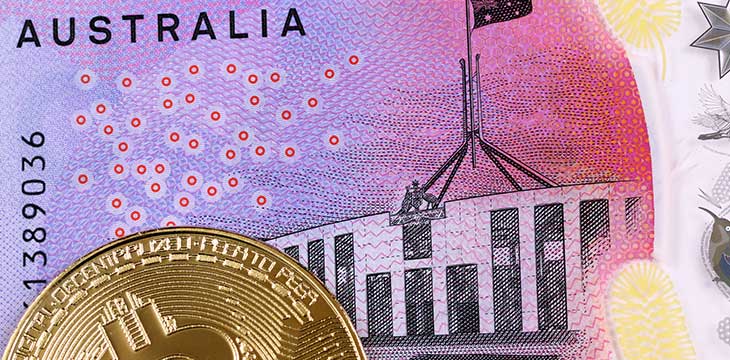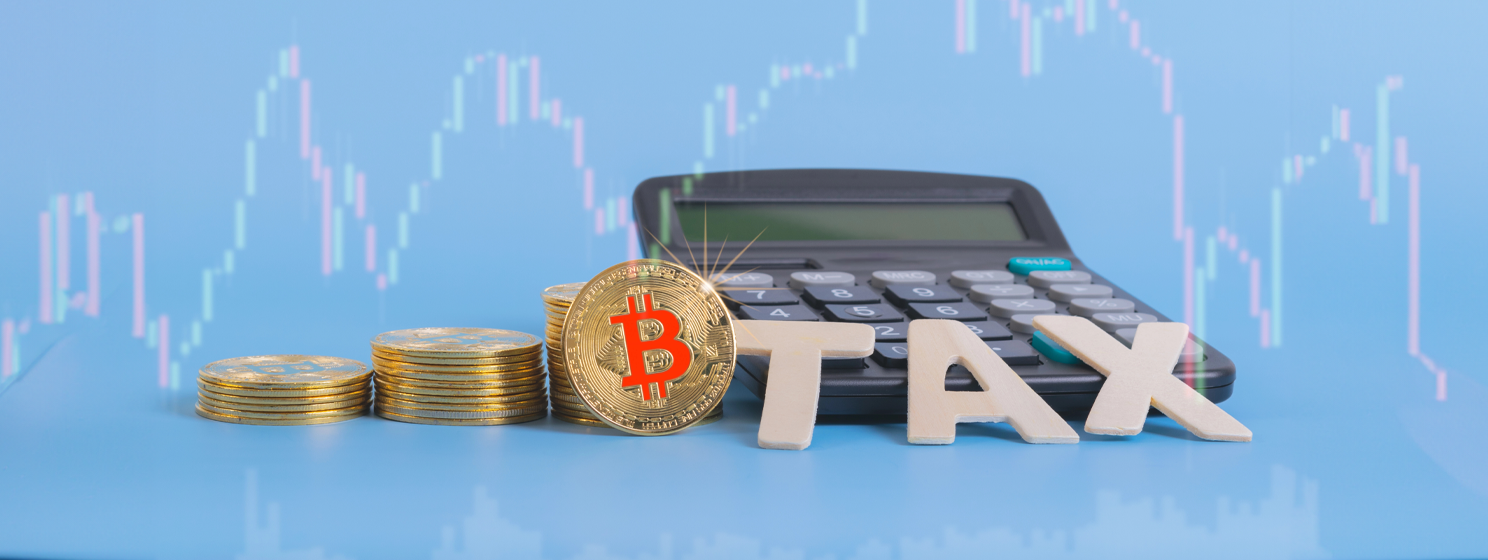|
Getting your Trinity Audio player ready...
|
Australia’s federal budget has been made public, and upon closer examination, virtual currencies are explicitly mentioned in the text. According to the wording of the national budget, BTC will not be treated as foreign currency for taxation purposes, leaving investors in an unfavorable position.
There was some confusion over the status of BTC following El Salvador’s elevation of the asset as legal tender in September 2021. The new decision has laid to rest speculation on whether or not the country will adopt Bitcoin as a national currency but opens up a can of worms for its taxation.
After conferring with the Board of Taxation, investors in Bitcoin and other digital currencies in Australia will have to pay capital gain tax on profits from the sale of the assets. The board said “this clarification will deliver a consistent tax requirement for crypto asset holders,” especially following El Salvador’s move.
Australian regulators made use of token mapping, a strategy adopted in August which pays attention to the characteristics and underlying code of virtual assets to determine the manner of regulation. Talis Putnins, a blockchain researcher at the University of Technology Sydney, warned that it will be unwise for the government to merge all virtual currencies “into one basket, as they are extremely varied.”
Michael Bacina, a partner at law firm Piper Alderman, noted that this was the first time “crypto” has been mentioned in the federal budget papers and should be construed as a sign of increasing adoption. To counter the threat, the country’s central bank is considering launching its own Central Bank Digital Currency (CBDC) to compete with virtual currencies.
The new position may be a shot to the foot
Choosing to impose a capital gains tax on digital currencies might have dire effects on the central bank’s quest to launch CBDCs, says Mitchell Travers, founder of blockchain consultancy firm Soulbis.
“It would be ill-advised for the government to really take an enforcement approach to the taxation of crypto assets in its early stages, especially considering the fact that the Treasury is also investing in trying to migrate the traditional technology systems that back our financial system over towards digital assets,” said Travers.
There are concerns that Australia’s local virtual currency ecosystem could be left playing catch up to Europe and the United States. The United Kingdom has a pro-digital currency prime minister at the helm of affairs, while the European Union has adopted a progressive and united approach to developing virtual assets in the region.
Watch: The BSV Global Blockchain Convention panel, The Future of Financial Services on Blockchain: More Efficiency & Inclusion

 03-05-2026
03-05-2026 




